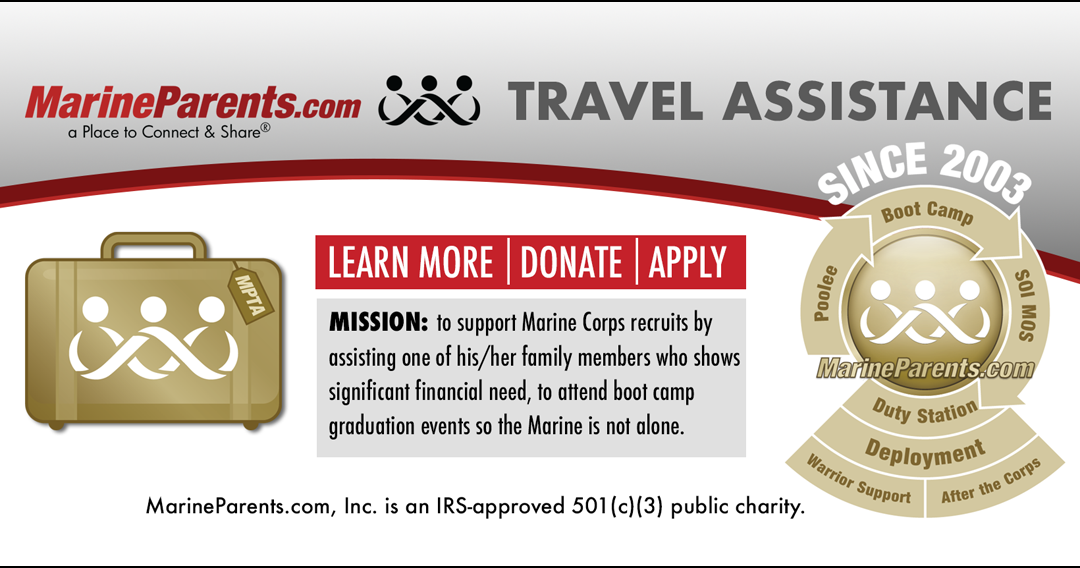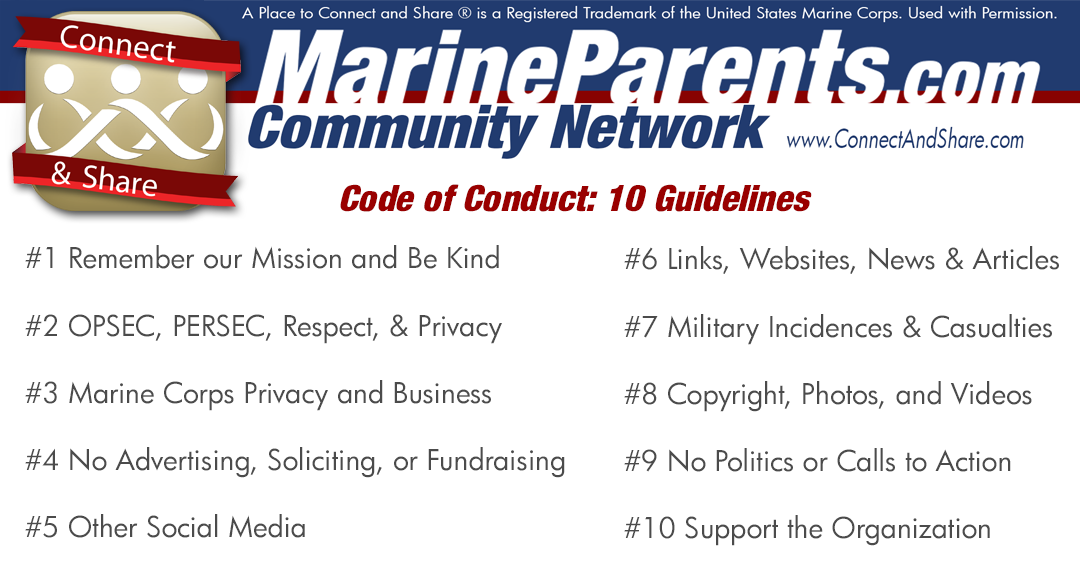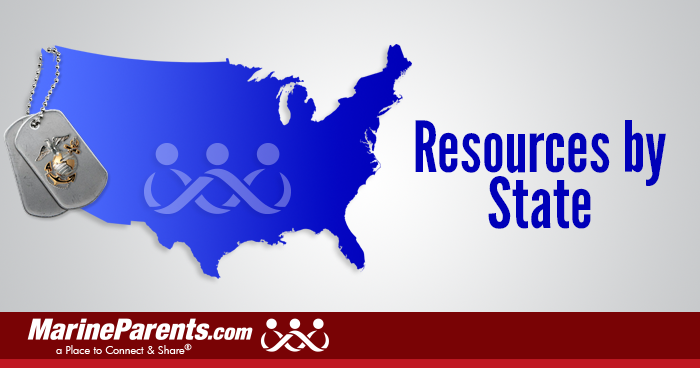
While the first few days after your Marine returns from deployment can be full of excitement and joy, you also have to take into consideration that they may not be the same person they were when they left. At least not at first. After several months of living under seemingly constant stress, your Marine may do things slightly different than they would normally. While Marines do get several briefs about how to adjust to life back in the states, they are never truly prepared until they get back and experience it for themselves. These briefs contain several resources for not only them, but their families to contact if they feel something may be wrong. It's important to know the baseline for how your Marine would normally act on a daily basis and then keep an eye out for even the most subtle of differences.
At first, your Marine may not feel comfortable driving a vehicle. Even if the Marine's job was driving while deployed, many times they are not driving any faster than 25 mph and are constantly on the lookout for signs of a threat. Also your Marine may have difficulty being in big crowds. Anxiety can start to set in when they feel overwhelmed. Keep in mind that your Marine has spent several months staying alert and looking for threats. It may be a good idea to ease them back into those public situations, starting small, maybe with a trip to the grocery store when it's not very busy. Do not push your Marine into a situation they may not be comfortable with. If they seem like they are starting to stress, get them out of there.
If you ask your Marine if they are alright and they say yes, do not keep asking them over and over. Constantly reminding them that you think something is wrong can make them start feeling stress that was not there to begin with. However, keep an eye on them and if they feel like they are not doing well, it may be time to find something else to do. Certain situations you just will not be able to avoid. Specific smells, sounds, or even vibrations can remind your Marine of situations they have experienced.
There are usually briefs for spouses and families to attend when the Marine is home to learn the resources needed to get your Marine the help they may need. The unit's Family Readiness Officer should be the one to let the families know about these briefs if the Marine hasn't already. The most important thing is to support your Marine and to let them know that you are there for them whenever they may need you.
Written by David Ogden, Sgt. USMC '11-'16.

David was a Sergeant with the United States Marine Corps from 2011-2016. He is a combat veteran. He has worked at Marine Parents as a writer since he left the Marine Corps. He is currently in college and writes for the organization full-time. Click here to read more about the author.




















